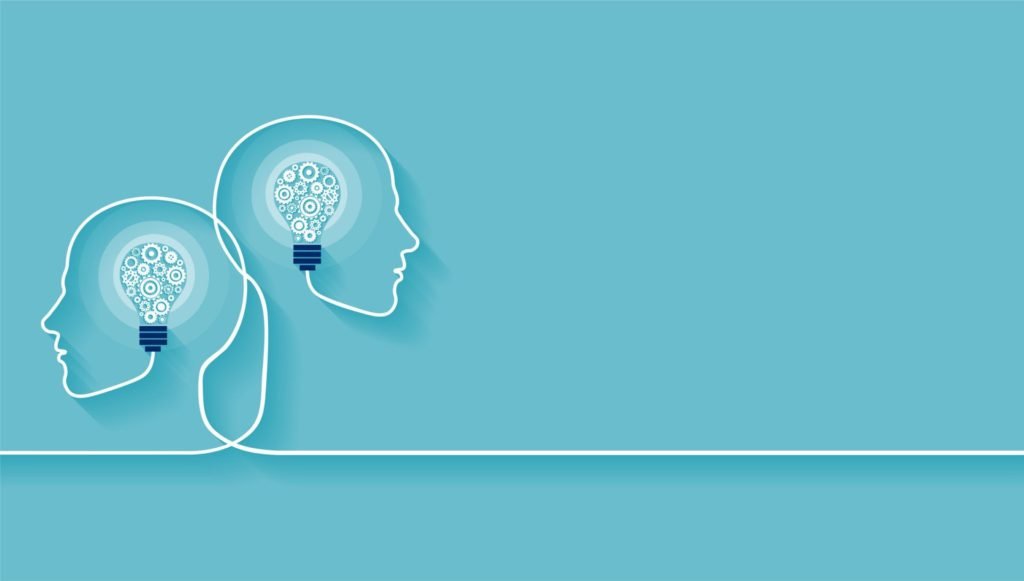Personal Learning Philosophy
Literature Review
Using a combination of learning theories, educators must develop their personal learning philosophy to guide their instructional journey. My learning philosophy is grounded in literature and combines a few popular learning theories,
Tools used: Google Scholar, JSTOR, ERIC, EBSCOhost
Year: 2021
Overview
My goal as an instructor is to be informed and thoughtful about the application of learning frameworks to provide a safe, inclusive, and personalized learning environment to best support student agency. I believe this is how students become active in their own education while being supported by professional staff. Guided by a personal learning theory, I can take steps to achieve those goals.
EMDT Program Learning Goal(s):
Students will analyze and evaluate effective teaching strategies in the design and development of curricula.
Instructional Goal of the Artifact:
Review current literature to create a personal learning philosophy.
Process
During my Multiple Learning Theories course, I compiled literature and reviewed contemporary research as it relates to the learning theories introduced in the course. My first literature review focused on behaviorism, cognitivism, and constructivism as it relates to my academic advising role. I compared these three foundational learning theories and was able to find sources dedicated to tying these theoretical approaches to the academic advising field.
Foundational Learning Theories Literature Review
The second set of literature that I reviewed related to personalized learning. Rather than focusing on peer-reviewed research for this study, I compiled information from my professional learning network (PLN). This included tweets, blog posts, articles, and videos related to educational technology and mobile learning. I found immense value in these anecdotal sources and see myself relying on my PLN for future educational research.
Personalized Learning Literature Review
After spending a term reviewing the current literature, I finally compiled a personal learning philosophy. The core of this document states my need to include students in their own educational experience. The student must have agency in their education, and it is the instructor’s role to cater that application of learning methods to the student’s needs.
Learner-centered education is the cornerstone of my teaching philosophy. Norman and Spohrer (1996) describe this teaching theory as focusing on the needs, interests, and skills of the student with the goal of exploration, discovery, and construction of knowledge. The student is the main stakeholder in their education and should be treated as such. This theory can be viewed as an umbrella term that catches other scholarship under its protective awning (Norman & Spohrer, 1996). Falling underneath this term, I have prioritized constructivist, connectivist, community, and inquiry-based learning frameworks.
Final Personal Learning Philosophy
Results and Takeaways
As I prepare to support my current and future student population, it’s important to realize that each theory has challenges, but I have the tools to navigate those obstacles successfully. My goal as an instructor is to be informed and thoughtful about the application of learning frameworks to provide a safe, inclusive, and personalized learning environment to best support student agency. I believe this is how students become active in their own education while being supported by professional staff.
References
Norman, D. A., & Spohrer, J. C. (1996). Learner-centered education. Communications of the ACM, 39(4), 24-27.


